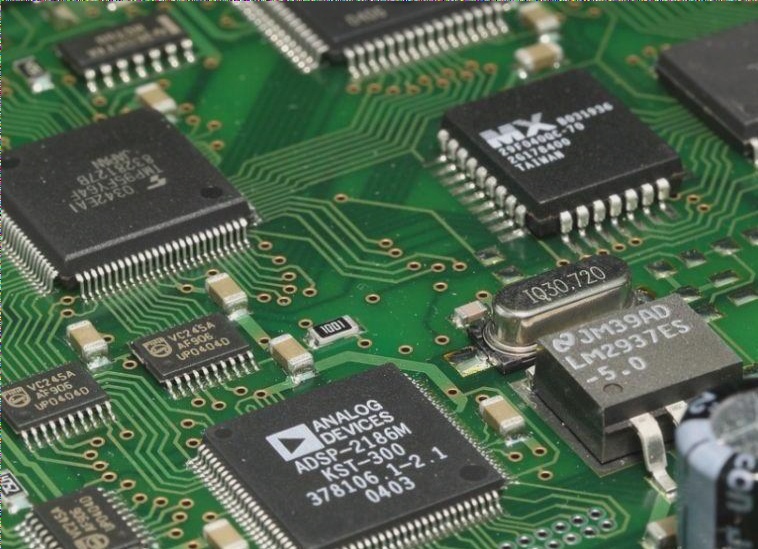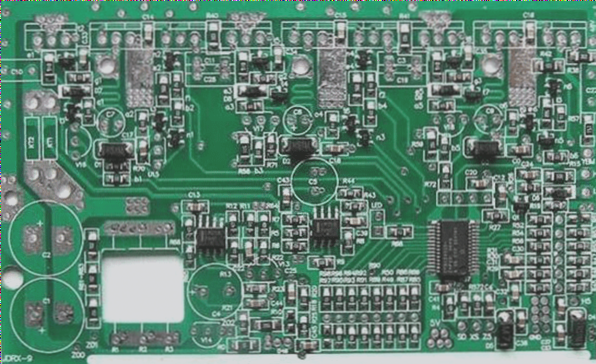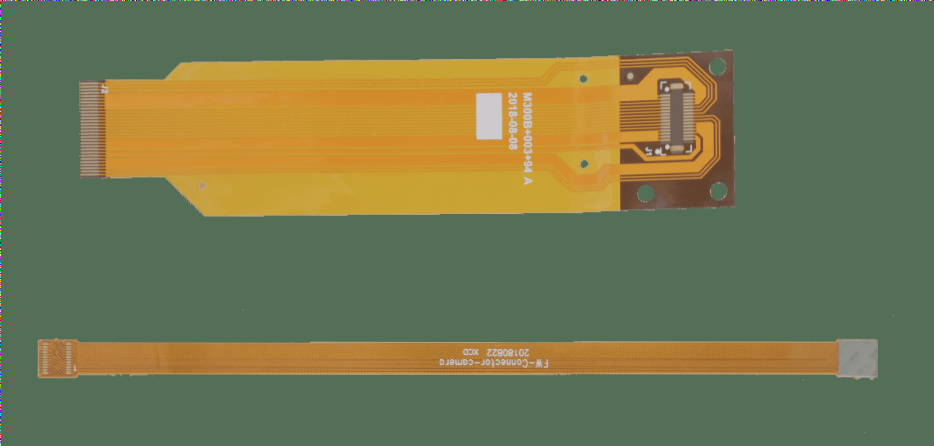Ultimate Guide to Becoming a Successful PCB Designer
Introduction to PCB Designing
PCB designing is a complex task that requires collaboration between engineers and designers to create printed circuit boards efficiently. Designers utilize computer software to develop and test PCB designs for various devices.
Who is a PCB Designer?
A PCB designer is a specialist who uses computer programs to create printed circuit boards in collaboration with engineers. They are responsible for designing and testing circuit boards for electronic devices.
Categories of PCB Designers
Various professionals can work as PCB designers, including electrical engineers, mechanical engineers, typical PCB layout designers, and software diploma holders.

Tips for Success in PCB Designing
1. Obtain a Recognized University Degree
Having a professional degree from a reputable university is essential for a successful career in PCB designing. Enrolling in programs related to electrical or software engineering can provide you with the necessary skills and knowledge.
2. Develop Proper Knowledge about PCB
Understanding the intricacies of PCB design is crucial for creating functional circuit boards. A good PCB designer should have in-depth knowledge of components, assembly, 3D modeling, and the manufacturing process.
3. Acquire Basic Electronics Knowledge
Having a foundational understanding of electronics is beneficial for PCB designers. This knowledge enables designers to work effectively with current flows in electronic devices and design efficient circuit boards.
Essential Skills for Successful PCB Designers
- Understanding PCB Assembly and Electronic Device Packages
- Proficiency in PCB Software Design
- Knowledge of Various PCB Designs
- Expertise in PCB Layer Stack-Up
- Experience in PCB Building
- Effective Communication Skills
- Acquiring Additional Certifications
- Ability to Monitor the Designing Process
Connecting PCBs with the Electronics World
PCBs serve as the core of electronic devices, necessitating constant adaptation and updates to ensure optimal control. A skilled PCB designer plays a crucial role in developing competitive designs that resonate with the market, setting them apart from other manufacturing companies.
Embracing Technological Advancements in PCB Design
Modern technology allows for the creation of 3D PCB models before physical production, a significant departure from the traditional approach of blind circuit manufacturing. Having the ability to assess PCB compatibility through 3D designs prior to production is a game-changer in the design process.
Mastering PCB Layer Stack-Up Techniques
Beyond design and software proficiency, a competent PCB designer understands the intricacies of PCB layer stack-up. This knowledge enables the designer to optimize copper wire arrangements and insulation layers, reducing waste heat and minimizing noise for enhanced PCB performance across various devices.
Cultivating Communication Skills for Success
While technical expertise is essential, effective communication is equally vital for PCB designers. Strong communication skills not only impress clients but also facilitate seamless collaboration within design, manufacturing, and delivery processes, ensuring project success and client satisfaction.
Continuous Learning and Skill Development
Building on formal education, experience, and core skills, PCB designers can enhance their profiles by obtaining additional certifications. These certifications expand skill sets, offering opportunities for career growth and specialization in areas such as PCB alignment, software design, and packaging.
Enhancing Design Monitoring Abilities
Understanding the Role of PCB Designers
A PCB designer plays a crucial role not only in creating the PCB but also in overseeing its functionality. They provide detailed instructions to manufacturers, monitor for faults, and offer solutions to ensure the quality of the final product delivered to clients.
Staying Updated with Industry Standards
In a constantly evolving world where adaptability is key, PCB designs must also keep pace with the latest trends in electronic innovations. PCB designers need to stay informed about industrial standards and trends to address any shortcomings in their designs.
Key Takeaways
- PCB designers require a diverse skill set to excel in the competitive field of electronics and design.
- Essential qualifications include a professional degree, relevant experience, additional certifications, strong communication skills, and a deep understanding of industry trends.



